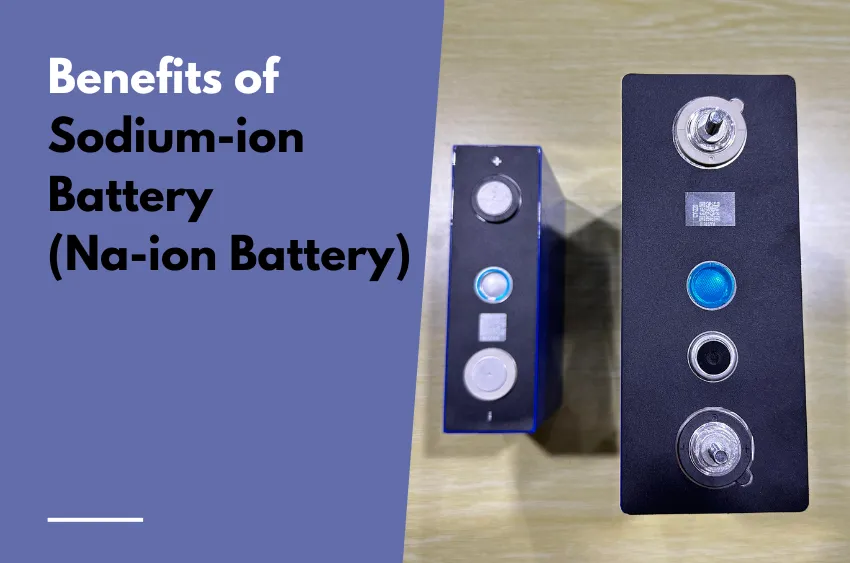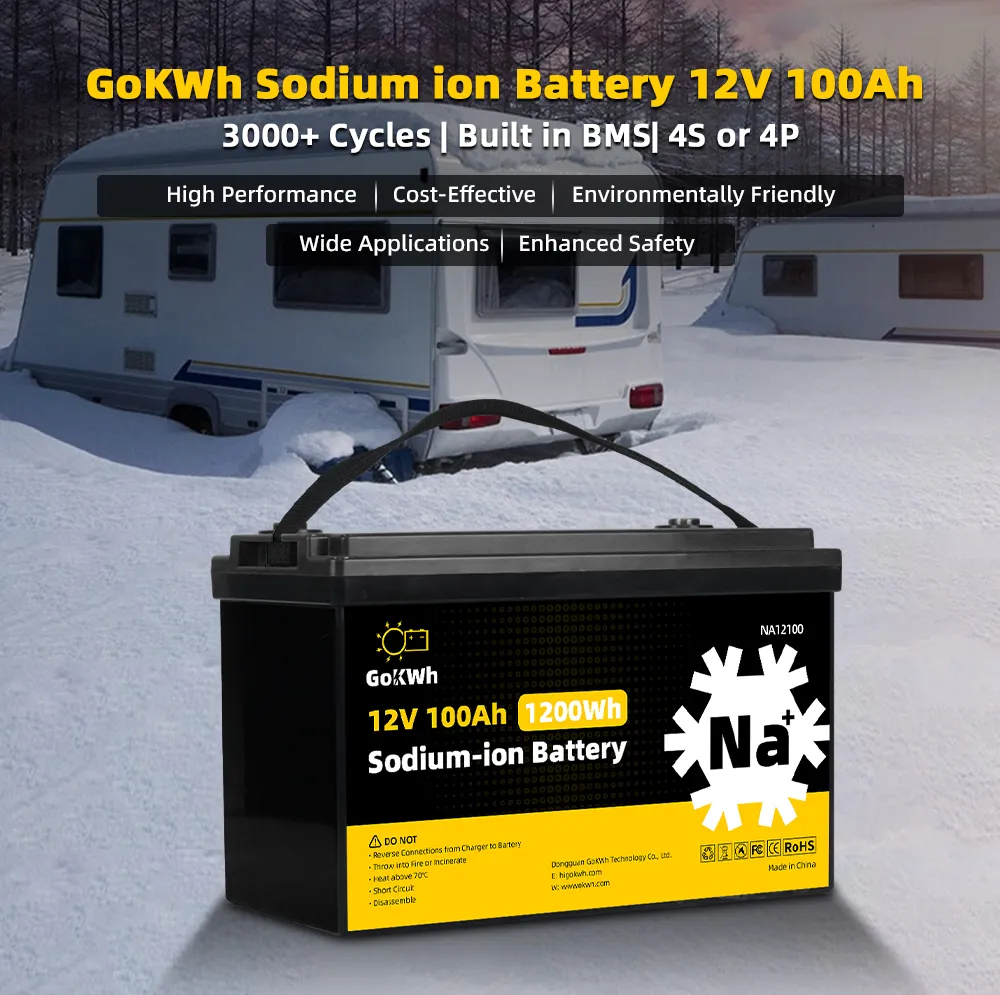Explore the advantages of sodium-ion batteries over lithium-ion counterparts, focusing on their abundance, cost-effectiveness, environmental impact, and safety features, which make them a promising alternative for energy storage solutions.
As the global demand for sustainable and cost-effective energy storage solutions continues to grow, sodium-ion (Na-ion) batteries are emerging as a compelling alternative to the widely used lithium-ion (Li-ion) batteries. Here, we delve into the key benefits that make Na-ion batteries a promising contender in the energy storage landscape.
Abundance and Cost-Effectiveness
Environmental Impact
The environmental footprint of Na-ion batteries is considerably smaller than that of Li-ion batteries. The extraction and processing of lithium, often from remote and arid regions, can lead to significant water consumption and environmental degradation. In contrast, sodium can be extracted from seawater using conventional methods, resulting in a lower carbon footprint and less environmental impact. This eco-friendly aspect aligns with the global push for greener energy solutions.
Safety Features
Safety is a critical concern in the battery industry, especially with the potential for thermal runaway and other hazards associated with Li-ion batteries. Na-ion batteries offer improved safety features due to their chemical composition. They can be discharged to 0V without the risk of performance degradation, a feat not possible with Li-ion batteries, which can form lithium metal at the anode when discharged to such low voltages. Additionally, the softer chemical nature of sodium reduces the likelihood of dendrite formation and associated safety risks during high charging rates.
Temperature Tolerance
Complementing Lithium-Ion Batteries
While Na-ion batteries may not replace Li-ion batteries entirely, they are poised to complement them effectively. In applications where high energy density is not the primary concern, such as stationary energy storage and certain electric vehicles, Na-ion batteries can offer a more sustainable and cost-effective solution. Their ability to be manufactured using existing Li-ion assembly lines further enhances their potential for market adoption.


